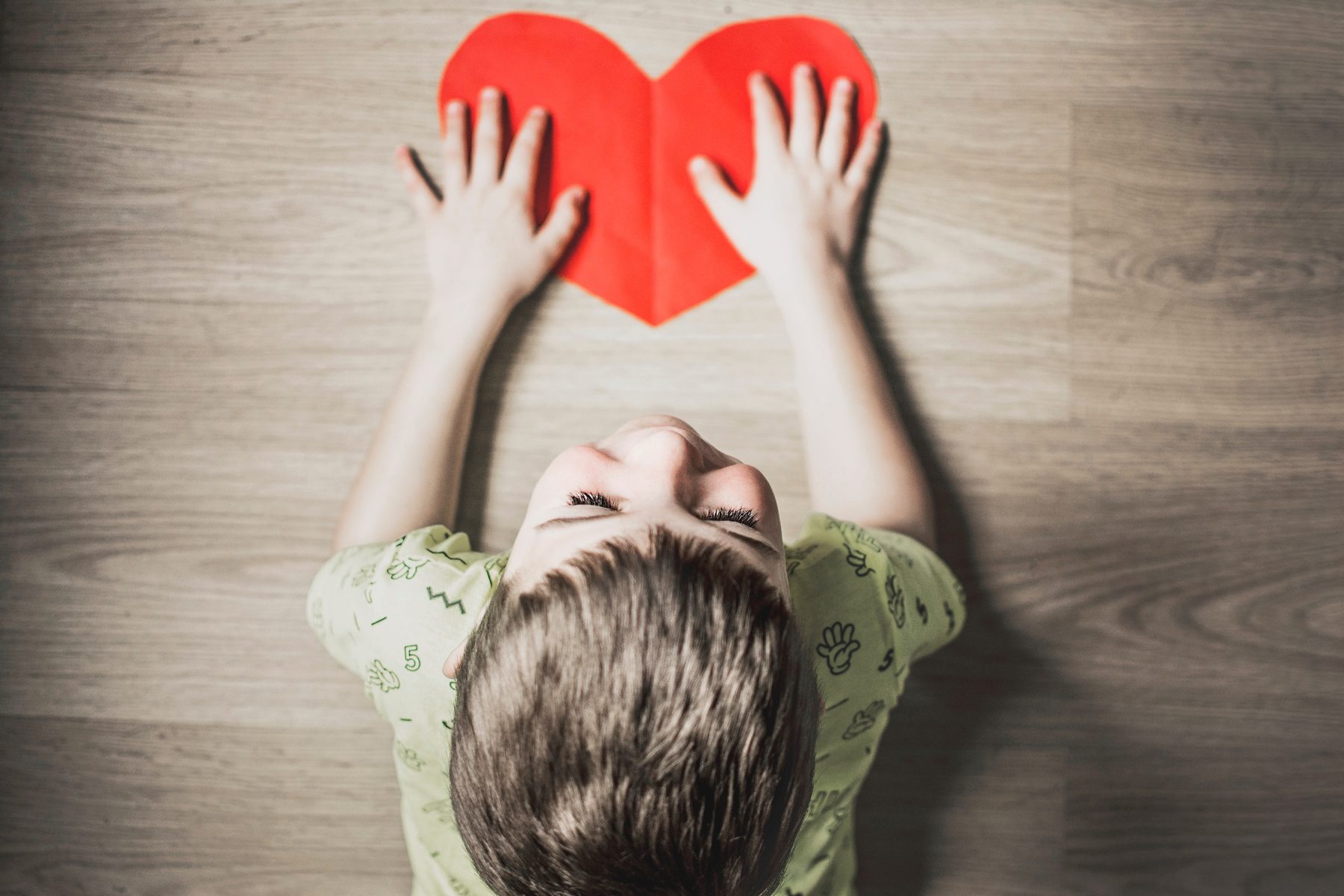I’ve grown up with a younger brother who has autism, and I’ve learned a lot through our daily encounters that can apply to people with mental disabilities everywhere.
There are people who go extremely far out of their way to show that they are accepting and want to help, even though we don’t need help — we are happy and thriving. Some people sit and sympathize with us as if we’re hurting because our brother has a mental disability.
These people mean well, but they don’t completely understand the situation. Many people think that mental disabilities overtake our lives, and, even though it does occasionally require extra attention, there’s usually no need for any different treatment. We are just living our lives, and there is no need for sympathy.
When people find out that my sibling has autism, there are many different reactions. Some people apologize, and others just get weird and don’t know how to react at all. But I don’t know life any differently. I’m not sure what they’re apologizing for, or why they feel bad for me. The only life that I know is a life with an amazing brother.
Many people interpret mental disabilities as a detriment to families. While all mental disabilities are different, I think of them more as a superpower. Think of the Hulk; when Bruce Banner is in control of him, he can do amazing things. He’s strong and powerful and is the most bad—s superhero to ever exist. However, when the Hulk has other plans for Banner, he’s more just along for the ride, and he doesn’t have any control over the damage caused.
This doesn’t mean that people with autism will destroy things or intentionally hurt others, but they are similar in this loss of control. Many have extremely special skills — some are math whizzes at age seven, and others are obsessed with fashion and can spot a bad stitch from a mile away. Some can even remember intricate facts about every movie they ever watched. Each one of these kids finds something in the world that interests them, and it becomes their superpower.
However, there are inevitable moments when the Hulk takes over. Sometimes, these moments are in public, and families learn to handle them over years of experience. Parents of kids with autism have a talent for helping their children through their Hulk periods.
Something I wish people knew when the Hulk makes an appearance is that people with autism have very little control. I constantly hear people make comments like, “That parent really needs to get their child under control,” or “Wow, it’s not that big of a deal that a spider was on the ground. That kid is so overreacting.” These comments are rude, and we all hear you.
I can’t describe what those moments feel like because I don’t have autism, but I have watched my sibling fight his way out of the Hulk so many times. I know the look on his face when he finally regains himself all too well, and the exhaustion and defeat is incomprehensible. Nevertheless, he is strong and always perseveres.
When the Hulk comes out in public, parents have to worry not only about helping their child, but also about the reactions of others. Trust me, they know how the breakdown is affecting the environment, and yelling at them isn’t going to accomplish anything — it will only make it worse. Small actions, like asking if you can help in any way, rather than judging or jumping in without asking, are extremely helpful, and they let the parents know that they have some support.
Giving people space is almost always helpful because sensory overload is usually the cause of breakdowns. Don’t yell at us, and don’t start talking to the kid; you don’t know how to deal with the situation, and the best thing you can do is give space and silence. Even other parents of kids with mental disabilities can’t help because everyone is different. So don’t overwhelm the scene and cause further panic.
Families will leave when they know that it’s too much. My family has left movies, grocery stores, trains and everything in between — not because we wanted to, but because we knew we needed to. Sometimes, my sibling just needs a chance to cool down and be away from people. We don’t care that we lost money; we understand and just want what’s best for everyone.
Essentially, what families of people with mental disabilities want you to know is that they are the only people who know what to do, and the person who’s struggling just needs love and support.
















